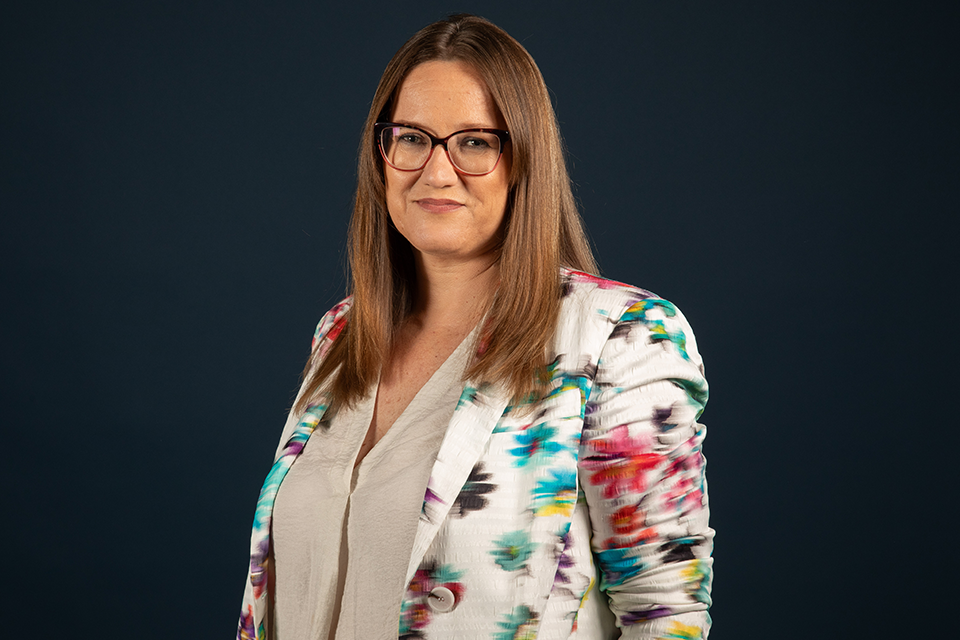
Deputy Regional Director

Deputy Regional Director
UN Women Regional Office for the Americas and the Caribbean
Cecilia Alemany is UN Women’s Deputy Regional Director for the Americas and the Caribbean. She is a PhD candidate in Political Sciences, Management and International Relations at the University Complutense de Madrid. She carried PhD studies on Economics and Interdisciplinary Gender Studies before and holds a master’s degree in International Foresight from Paris V and a Bachelor's degree in International Relations from the University of the Republic, Uruguay.
She was a.i. Representative of UN Women in Argentina from February 2021 to October 2023, in Jordan between July and August 2022, and she was in charge of the Regional Office between May and October in 2023.
Since 2016 she was Senior Advisor to the UN Women Programme Directorate in New York and was Senior Advisor to the UNOPS Directorate in Haiti until December 2019. Between 2011 and 2016 she oversaw the UNOPS Office in Uruguay (and ad interim in Paraguay). Throughout her career she has been a consultant to various UN agencies (ECLAC, UNICEF, UNDP, UNFPA, WHO, UNESCO).
She co-founded several global campaigns and efforts such as the Women’s Working Group on FfD (WWG -FfD). She has been part of multiple global and regional civil society development networks such as DAWN and Social Watch, co-chaired Better Aid from the Association for Women's Rights in Development (AWID), represented ALOP in Brussels, coordinated the South American Network of Applied Economics (Red Sur) and worked with several NGOs since 2000 (Latin American Center for Human Economics, Institute of Communication and Development, among others).
Cecilia has been a lecturer in local development planning and foresight since 2002, and in 2019 she became Associate Professor of the Development Workshop (Faculty of Social Sciences, UdelaR). She has been an advisor to the Chilean and Uruguayan development cooperation agencies (AGCID and AUCI), co-writing national development cooperation policies as well as Chile's first graduation impact study, and the first study of aid effectiveness from a gender equality perspective among other publications.